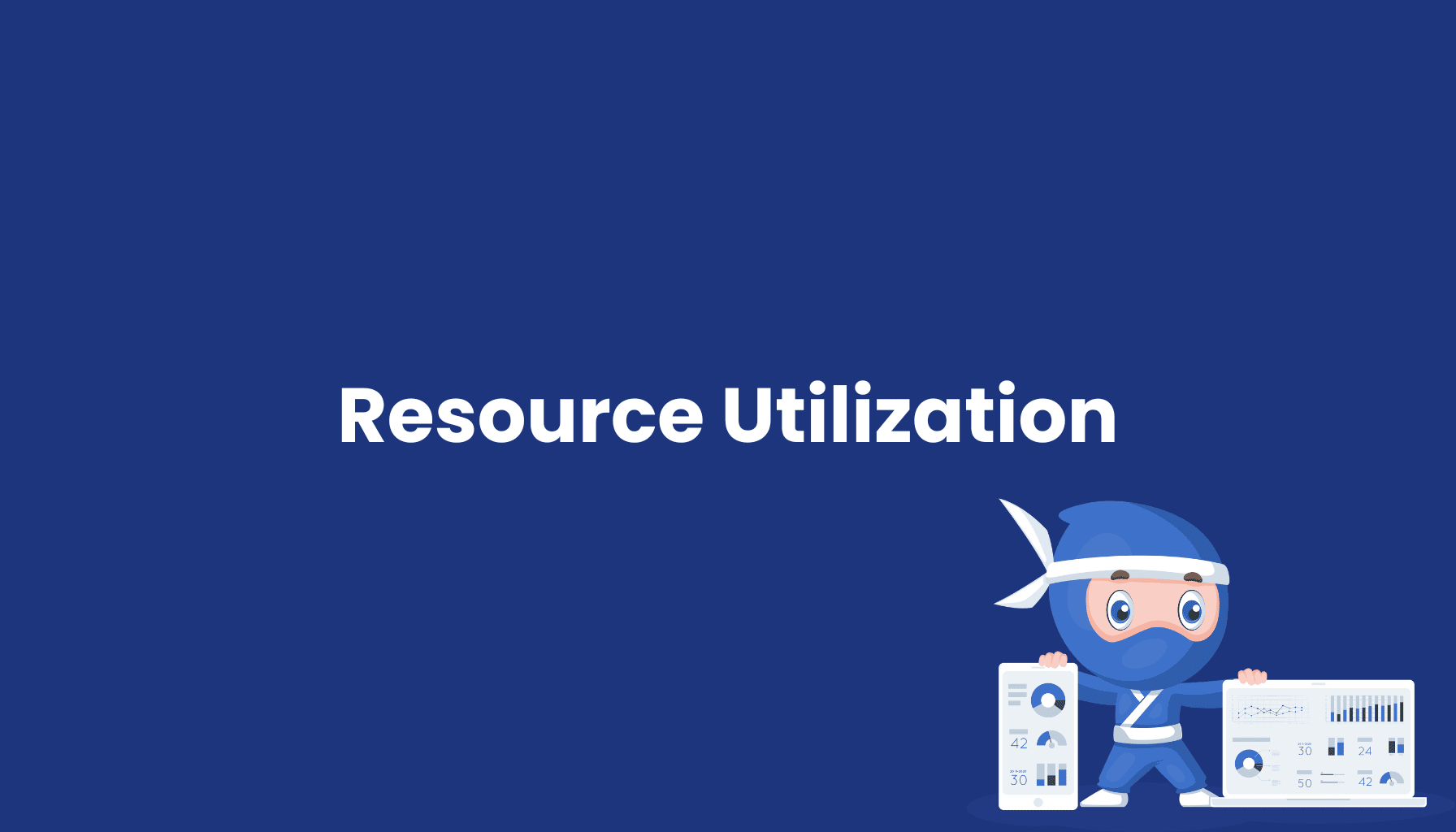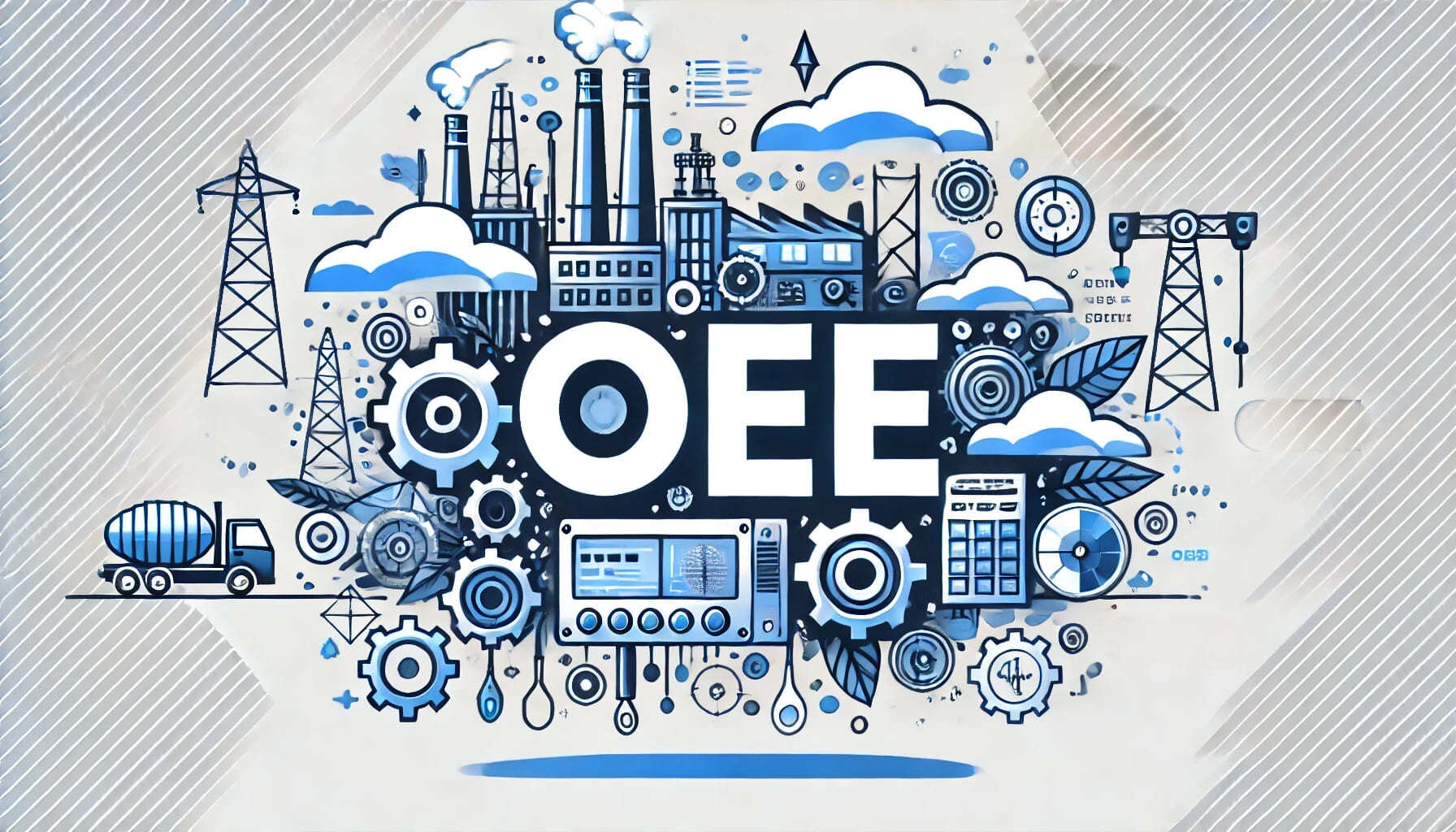Resource Utilization

What is Resource Utilization?
Resource utilization refers to the use of resources, such as raw materials, energy, and supplies, in economic activities to create products or services. Efficient resource utilization is a cornerstone of modern production and a key component in boosting a company’s competitiveness. Additionally, it plays a critical role on a global scale, as it is closely linked to ecological and economic factors such as sustainability, environmental impact, and emission reduction.
The Importance of Resource Utilization in Business
Efficient resource utilization is essential to a company’s success. Businesses that optimize their resource use can lower production costs and increase productivity. In industrial settings, this means that raw materials, supplies, and energy are used as efficiently as possible to minimize resource consumption. Smart resource utilization positively impacts the value chain while helping reduce environmental impact.
Aspects of Resource Utilization
Resource utilization covers multiple aspects with both ecological and economic implications:
- Resource Efficiency: A primary goal of resource utilization is achieving maximum output with minimal resources. This includes minimizing raw material use and optimizing production processes to reduce resource consumption.
- Sustainable Resource Utilization: This involves the conscious use of resources in a way that ensures future generations can benefit from them. Sustainable resource utilization is closely tied to concepts such as circular economy and recycling.
- Resource Management: Effective resource management is necessary to optimize resource use. It involves monitoring and managing resource consumption and implementing measures to increase efficiency.
- Lifecycle Analysis: Analyzing the entire lifecycle of a product — from raw material extraction to disposal or recycling — helps optimize resource use and minimize environmental impact.
Sustainable Resource Utilization and Circular Economy
Sustainable resource utilization is a vital part of global efforts to reduce resource consumption and minimize environmental impact. The circular economy is a central approach that aims to keep raw materials and supplies in the value chain for as long as possible by reusing, repairing, or recycling them. This reduces the need for new raw materials and minimizes waste.
- Recycling: Recycling is a core element of the circular economy, creating new products from used materials and reducing the need for primary raw materials.
- Value Chain: Integrating sustainable practices into a product’s entire value chain helps optimize resource utilization and improves resource efficiency.
Challenges and Trends in Resource Utilization
The increasing demand for raw materials and the growing pressure to produce more sustainably present challenges in resource utilization. Efficient resource use often requires significant investments in new technologies and processes, such as energy-efficient machines or enhanced recycling methods.
- Raw Material Scarcity: Limited availability of some raw materials forces companies to find innovative solutions to use resources more efficiently.
- Trends in Resource Utilization: Emerging trends are shaping how companies use resources, including technological advances like artificial intelligence for resource optimization and new regulatory requirements pushing companies to reduce resource consumption.
Optimizing Resource Utilization in Business
Optimizing resource utilization is a vital competitive factor for companies. Better resource management allows businesses to cut costs and improve their environmental footprint. Key optimization strategies include:
- Energy Efficiency: Reducing energy consumption in production can be achieved by using energy-efficient machines or switching to renewable energy sources.
- Material Savings: Optimizing material use helps reduce waste and improve production efficiency.
- Resource Management: Thoughtful resource management enables monitoring and controlling resource consumption, helping to avoid shortages.
Conclusion
Efficient resource utilization is essential for companies to remain competitive in an increasingly eco-conscious world. By adopting modern technologies and transitioning to sustainable resource practices, companies can reduce resource consumption, improve resource efficiency, and contribute positively to the environment. Integrating circular economy and recycling into production processes ensures that raw materials are optimally used and reused.





